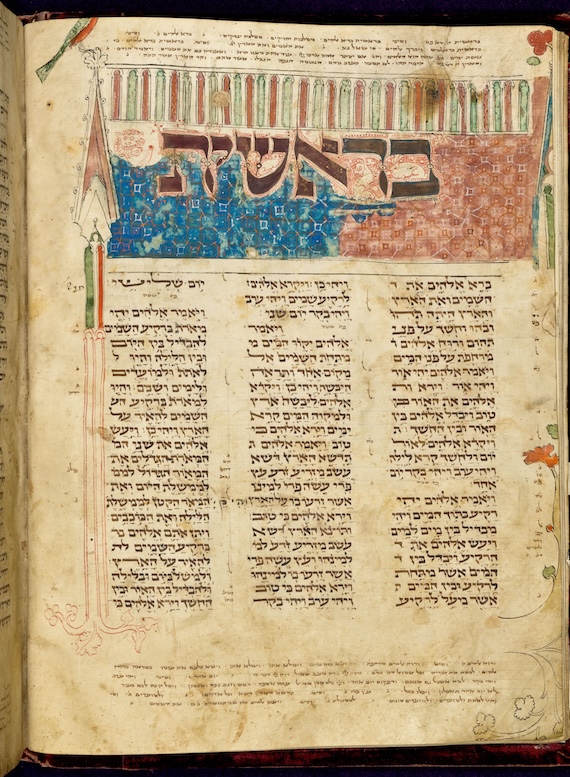Silver Spring, Md. (Special to Informed Comment; Feature) – Jewish law does not permit us to look away when atrocities are being committed.
It is painful beyond words to see the hollow eyes and bloated bellies of dying children and infants in Gaza—but we must look.
The Torah commands: “Do not stand idly by the blood of your neighbor” (Leviticus 19:16).
Halacha is unequivocal: when human life is in danger, we are obligated to act. That obligation becomes even more urgent when the power to save—or destroy—those lives rests entirely in your hands. Yet today, we see that power used not to preserve life, but to enforce a deadly siege. To weaponize starvation and block the entry of life-saving food and medicine.
And Jewish law is clear: when people are starving, you must feed them—whether or not they are Jewish: “We provide for the poor of the gentiles along with the poor of Israel, for the sake of peace.” (Rambam, Laws of Gifts to the Poor 7:7).
You do not bomb them.
You do not blockade them.
You do not obstruct the UN from distributing food and medicine.
You do not trap desperate, starving civilians in a death zone — then gun them down when they try to survive.
Yet, this is exactly what is happening. Over 1,000 Palestinian men, women and children have been slaughtered at so-called “aid distribution centers.” Deadly famine is ravaging Gaza, with the UN describing “walking corpses” throughout the region.
What happens when a state commits such crimes—brazenly, systematically—violating both Torah and international law? What do we do when that state is committing a genocide?
Our grief and shame are not enough. Only action can stop genocide.
That responsibility now falls squarely on the nations and peoples of the world. They must act—swiftly and decisively.
Earlier this month in Bogotá, the Hague Group — a coalition of more than 30 countries—took a historic step toward fulfilling that obligation. Their Joint Statement, issued under international law, displayed extraordinary moral clarity and resolve.
It included these essential measures:
1. A commitment to halt all transfers of weapons, fuel, and military equipment to Israel.
2. A pledge to block their ports, ships, companies, and institutions from aiding in war crimes and crimes against humanity.
3. A promise to pursue legal accountability for those responsible and to cancel contracts with those facilitating these crimes.

Spencer Collection, The New York Public Library. “Xanten Bible, Vol. 1” The New York Public Library Digital Collections. 1294. https://digitalcollections.nypl.org/items/dced8950-c5f7-012f-8a98-58d385a7bc34.
The Hague Group is responding to undeniable horrors: tens of thousands of civilians killed, entire neighborhoods leveled, hospitals and aid convoys targeted, over 1,500 medical personnel killed and more than 300 abducted—according to Physicians for Human Rights Israel who have also concluded that Israel is committing a genocide. And now, famine claiming the lives of children by the day.
What the Hague Group has done aligns not only with international law, but with the basic ethical imperatives of Jewish tradition.
The Torah commands: “Do not place a stumbling block before the blind” (Leviticus 19:14). The Talmud (Avodah Zarah 6b) interprets this as a prohibition against enabling others to sin.
If ever there were a textbook case of enabling sin and atrocity, it is supplying weapons or logistical support to a government committing genocide.
As the late Chief Rabbi of Great Britain Immanuel Jakobovits ruled: It is forbidden to sell or supply arms to regimes that commit atrocities.
Where many Jewish leaders have remained silent, the Hague Group has spoken with moral force. Their statement is not merely what international law requires. It is what Jewish law and ethics demand.


 © 2026 All Rights Reserved
© 2026 All Rights Reserved